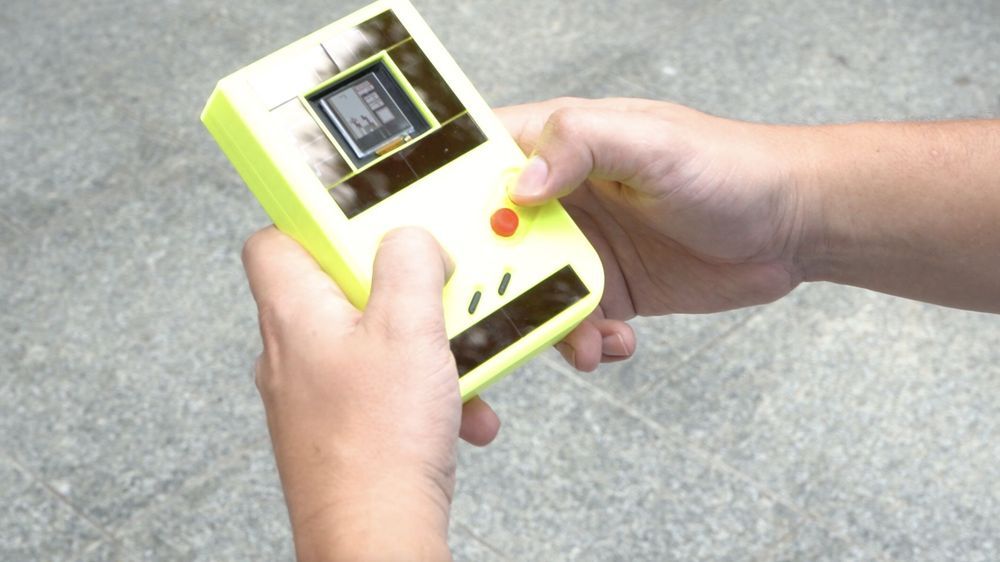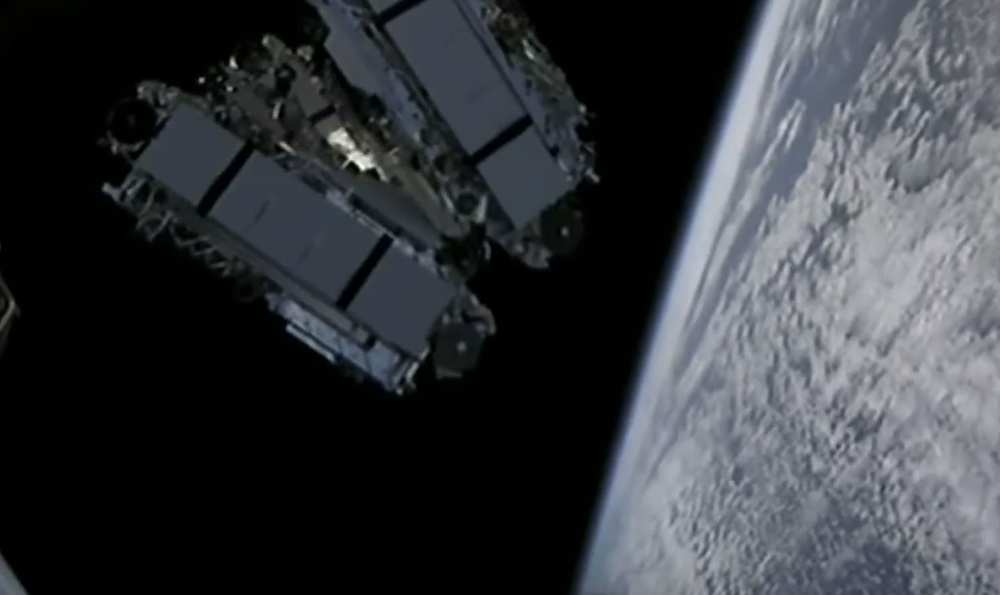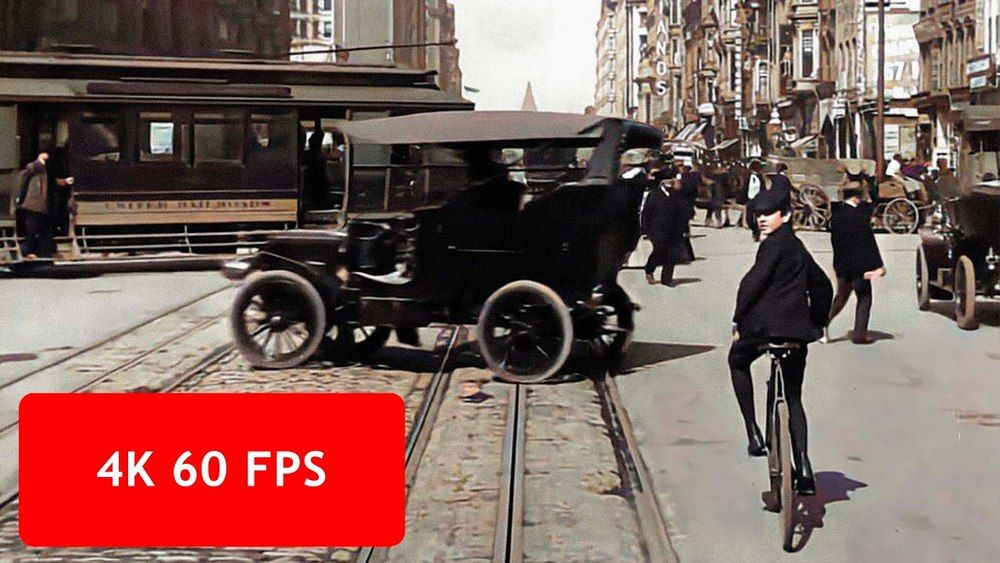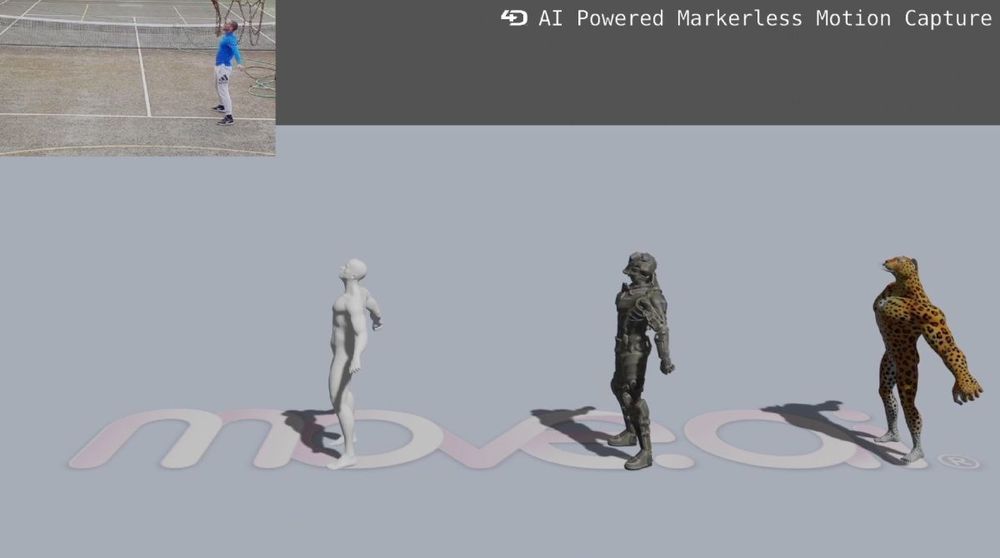“Of chess, it has been said that life is not long enough for it,” chess master William Napier once said, “but that is the fault of life, not chess.”
The game of chess itself has had a gloriously long life, with earliest recovered relics of the ancient game dating to the ancient Persian Sasanian Empire in 600 AD.
The game has gone through hundreds of modifications, tweaks and enhancements over the centuries. Of an estimated 2,000 variations of the game, most have been developed only in recent years. One single version itself, known as Chess960 (created by world chess champion Bobby Fischer), has 960 variations of the game, with each version rearranging the standard positioning of all game pieces.









